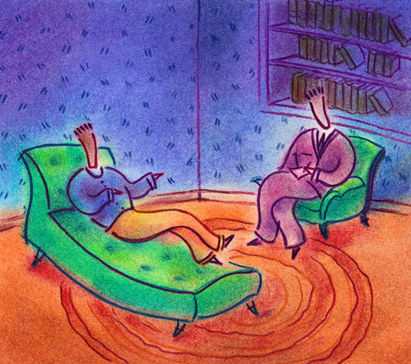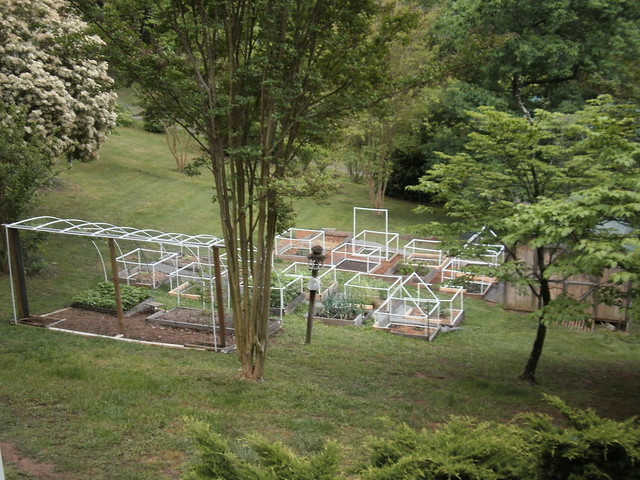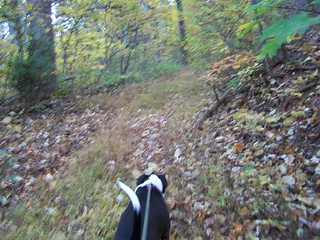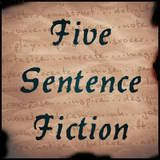
Words carry a lot of meaning. I don’t mean that in the sense of synonyms and homonyms, but in the sense that the way we construct our sentences and phrases can carry – or not – far more meaning than the words alone should. It’s sometimes called “word pictures”
If you want to paint a mental picture of a girl who is sickly and frail, you would do well to stay away from the words “light” or “fair” in describing her skin and use “pale” or “ashen”. A dog that is scrawny will likely be viewed as unhealthy, while “slender” or “thin” may be viewed as fit and toned. If moving a bag or package, “hoisted”, “heaved” or “hefted” brings to mind a good deal of weight while “tossed” or “flipped” indicates a light load and easy task. A good thesaurus will help you find alternate words and a dictionary will help make sure you’re using them correctly. But it goes beyond this.
 In our modern world of highly connected, internet based communications writers sometimes resort to e-mailing questions to an interview subject instead of doing a personal or telephone interview. Whether this is a good thing or bad thing depends on a lot of factors.
In our modern world of highly connected, internet based communications writers sometimes resort to e-mailing questions to an interview subject instead of doing a personal or telephone interview. Whether this is a good thing or bad thing depends on a lot of factors. 


 First person is a very common voice for writers to use in fiction, especially in mysteries and crime thrillers; this voice allows the reader to discover the plot as it unfolds through the protagonists eyes.
First person is a very common voice for writers to use in fiction, especially in mysteries and crime thrillers; this voice allows the reader to discover the plot as it unfolds through the protagonists eyes.

 What is the creative process?
What is the creative process?